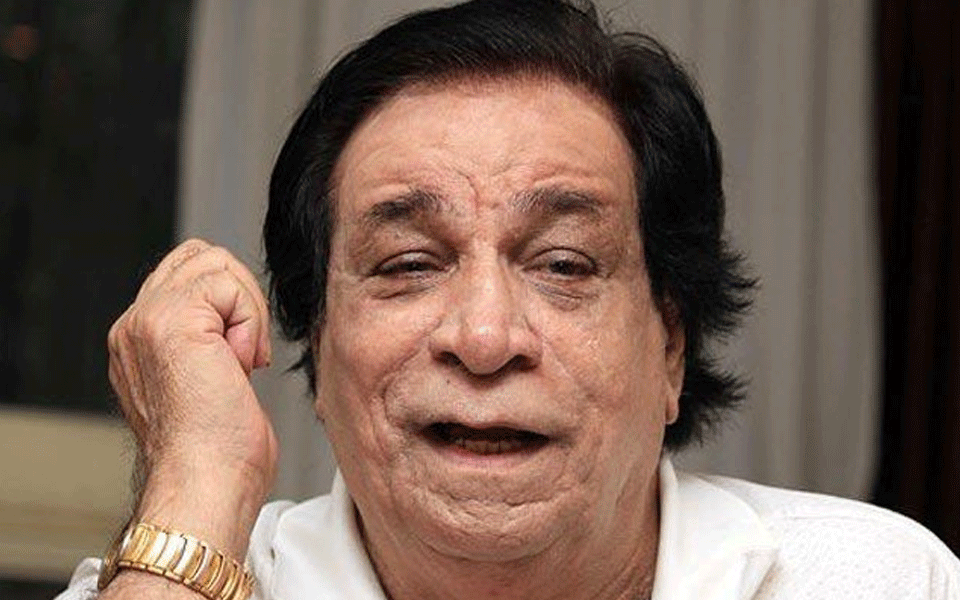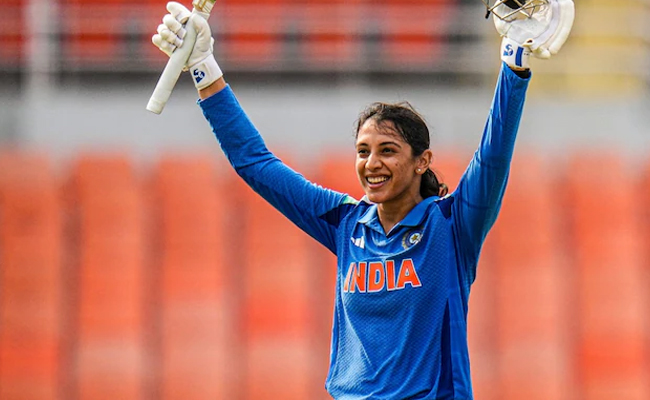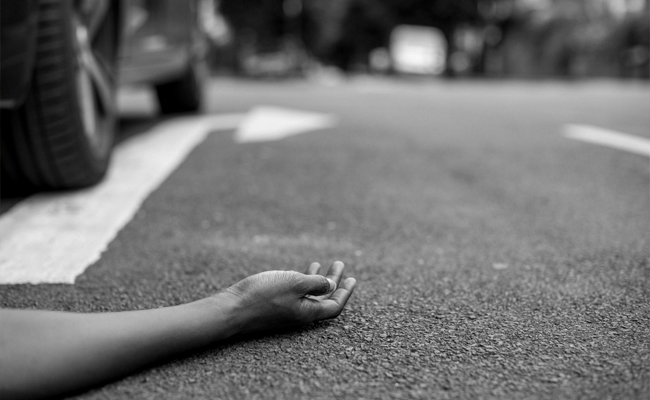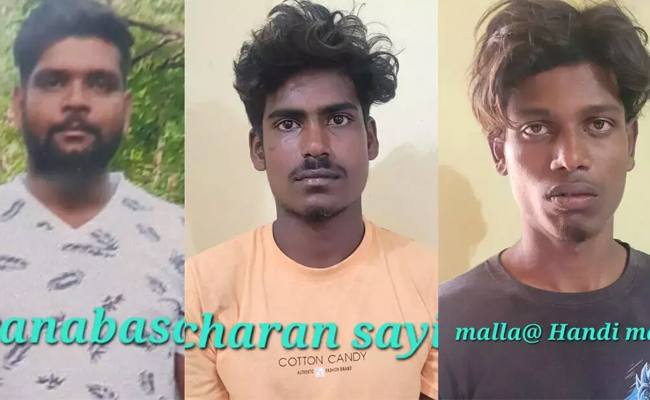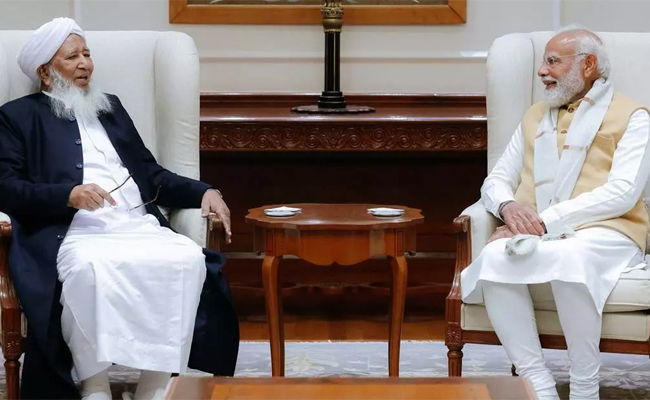New Delhi, Jan 1: More than 300 films on, Kader Khan was always more than the sum of his roles, the consummate multi-hyphenated Bollywood artiste for those who grew up in the 1980s and 1990s on a staple diet of commercial films that either featured him or were penned by him.
Engineer-scriptwriter-actor-dialogue writer, Khan, who died in Toronto at the age of 81 before he could see the dawn of a New Year, was all these and more.
Khan was that rare film personality who was equally important on screen and off screen with about 300 roles as an actor and writing credits in over 250 films.
Before he slipped into the skin of his characters on screen playing the buffoon, controlling father and villain in a range of films good and bad -- Khan took his first tentative steps in Bollywood as a back-end writer giving shape to storylines.
The Kabul-born Pathan started his career as a professor of civil engineering before being pulled into the world of showbiz as a writer.
Khan was famously spotted by screen legend Dilip Kumar while he was performing in a play at his college's Annual Day function.
It was the era of grand commercial films and the romantic hero of the 1960s and the early 1970s was already ceding ground to the 'angry young man', embodied by Amitabh Bachchan.
In 1972, he made his debut as a writer with the Jaya Bhaduri-Randhir Kapoor teen romance "Jawani Diwani", still remembered for its music and its portrayal of young love.
Khan went on to deliver some of Bollywood's best written screenplays and whistle-worthy dialogues in blockbuster films such as "Amar Akbar Anthony" and "Shola Aur Shabnam".
He stepped in to help shape Bachchan's career after Salim-Javed, who wrote "Zanjeer" and "Sholay", went their separate ways in 1982.
It was Khan who gave Bachchan some of his career's biggest hits with memorable dialogues and writing in a series of films, "Sharaabi", "Lawaaris", "Muqaddar Ka Sikandar", "Naseeb" and "Agneepath", for which the megastar won his first Best Actor National Film Award in 1991.
Khan and Bachchan were the thread that tied rivals Manmohan Desai and Prakash Mehra.
The civil engineer-turned-hit writer also helped cement Govinda's career with his sharp dialogue and screenplays in "Coolie No 1", "Raja Babu" and "Saajan Chale Sasural". The troika of filmmaker David Dhawan, actor Govinda and actor-writer Khan produced a number of hit comedies, including "Hero No 1" and "Dulhe Raja".
All the while, Khan was also acting in a variety of films.
In 1973, a year after he wrote "Jawani Diwani", Khan made his acting debut with Rajesh Khanna-Sharmila Tagore's "Daag" in the supporting role of a prosecuting attorney.
He established his presence as an actor with roles in "Dil Diwana", "Muqaddar Ka Sikandar" and "Mr Natwarlal" before evolving as a performer with impeccable comic timing.
There was scarcely any potboiler from the 1990s that did not feature the actor Khan -- "Kishen Kanhaiya", "Bol Radha Bol", "Aankhen", "Coolie No 1", "Hero No 1", "Dulhe Raja", the films were many.
As an actor, he will be remembered for striking a balance between comedies and dramas, sometimes exploring the grey side.
Some of his stand-out performances are as the old Sufi who guides a lost child in "Muqaddar Ka Sikandar", the Yamraj who gets tricked by a human in "Taqdeerwala", the greedy employee who kills his boss in "Khoon Bhari Maang", the Type-A controlling father in "Hero No 1" and the epic Duggal sahab who, on some days, is blind, deaf or speechless in "Mujhse Shaadi Karogi".
Khan was a two-time recipient of the Filmfare Award for Best Dialogue for "Meri Awaaz Suno" (1982) and "Angaar" (1993). He also won the Best Comedian Filmfare for "Baap Numbri Beta Dus Numbri" (1991).
As the years rolled by, the roles dwindled.
His last appearance on screen was in 2017 in the forgotten film "Masti Nahi Sasti". Before that, he was seen in "Tevar" (2015).
He never officially retired but, in his own words, was somewhat lost in oblivion.
"Some people refused to keep me with them. I was a little unwell. And people refused to take me back into their films," Khan said at the trailer launch of his comedy "Hogaya Dimaagh Ka Dahi" in 2015.
He had started keeping unwell by then.
He said he wanted to make a comeback as a writer and could tell that there was a "difference in the level of writing".
"As a writer, I feel that I should come back. I'll try my best to bring the earlier 'zubaan' (language) back and people are definitely going to enjoy talking in that 'zubaan'," he told reporters.
The starry lights of Mumbai were no longer appealing and some years ago, the actor moved to Toronto to be with his son.
And on the final day of 2018, he slipped into a coma in far away Toronto, never to wake up.
Let the Truth be known. If you read VB and like VB, please be a VB Supporter and Help us deliver the Truth to one and all.
New Delhi (PTI): Star batter Smriti Mandhana, who played a pivotal role in India's historic 2025 Women's World Cup triumph, was named the BBC Indian Sportswoman of the Year for 2025 at a glittering function here on Monday.
Chess prodigy Divya Deshmukh won the Emerging Player of the Year award, for her historic FIDE Women's World Cup triumph at just 20.
Preethi Pal was named the Para-Sportswoman of the Year, for winning two bronze medals at the 2024 Paris Paralympics in track and field, while Anjali Bhagwat was honoured with the Lifetime Achievement Award, recognising her pioneering career as India's first woman shooter to reach an Olympic final and her trailblazing success on the world stage.
Mandhana, who is currently touring Australia with the Indian team for multi-format bilateral assignments, said in a video message: "Thank you BBC for giving me the awardfor Best Sportswoman of the Year. 2025 was a special year for women's cricket, especiallytowards the end we had a World Cup and I'm happy I could contribute and help India win matches.".
At 29, the left-handed batter is already among the game's greats, with the second-highest number of centuries in women's One Day Internationals and ranking third in total runsscored among current players worldwide.
Hailing from Sangli city in Maharashtra, the affable Mandhana was inspired by her father and brother, both of whom played cricket at the district level.
In September last year, she made a 50-ball hundred against Australia – the fastest 50 over international ton (men and women) by an Indian in the format, breaking Virat Kohli's record.
The award winners were decided by a distinguished grand jury comprising Leander Paes, Deepa Malik, and Anju Bobby George.
Praising the athletes' achievements CEO of BBC News, Jonathan Munro said: "Congratulations to this year's winners who showcase the very best in sporting excellence. The BBC World Service is committed to bringing such stories of human endeavour and outstanding success to audiences across India and around the world.".
Additionally, the ceremony also celebrated a wide spectrum of talent and impact, recognizing star performers and changemakers for redefining the landscape of Indian sport.
BBC Star Performers of the Year 202.
• Indian Women's Cricket Team: for their historic World Cup victory.
• Ekta Bhyan, Deepthi Jeevanji and Preethi Pal: for their trailblazing performances at the World Para Athletics Championship.
• Indian Women's Cricket Team for the Blind: for their inspiring World Cup victory.
• Indian Women's Kabaddi Team: for their smashing victory in World Cup.
.
BBC Changemakers of the Year 202.
• Indian Women's Ice Hockey Team: for breaking barriers in a non-traditional sport.
• Rajbir Kaur: Indian field hockey player and former captain of the women’s national team.
• Savita Punia: Indian field hockey player and current member of the national team.
• Paani Devi: recognised for her impactful contribution to grassroots sport.

